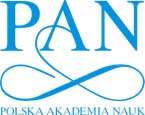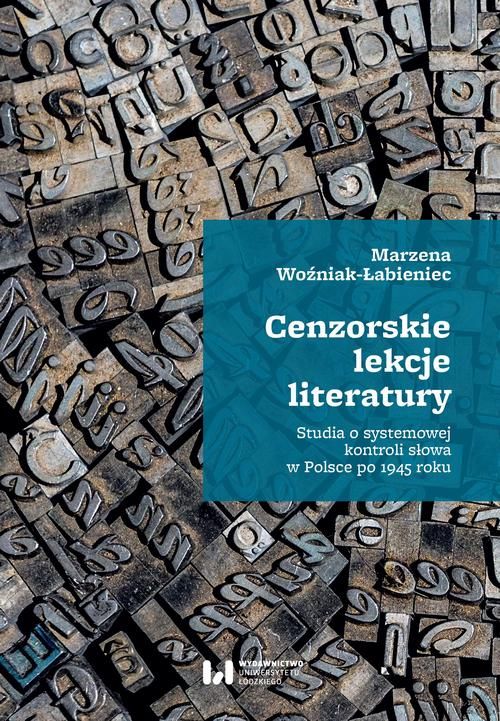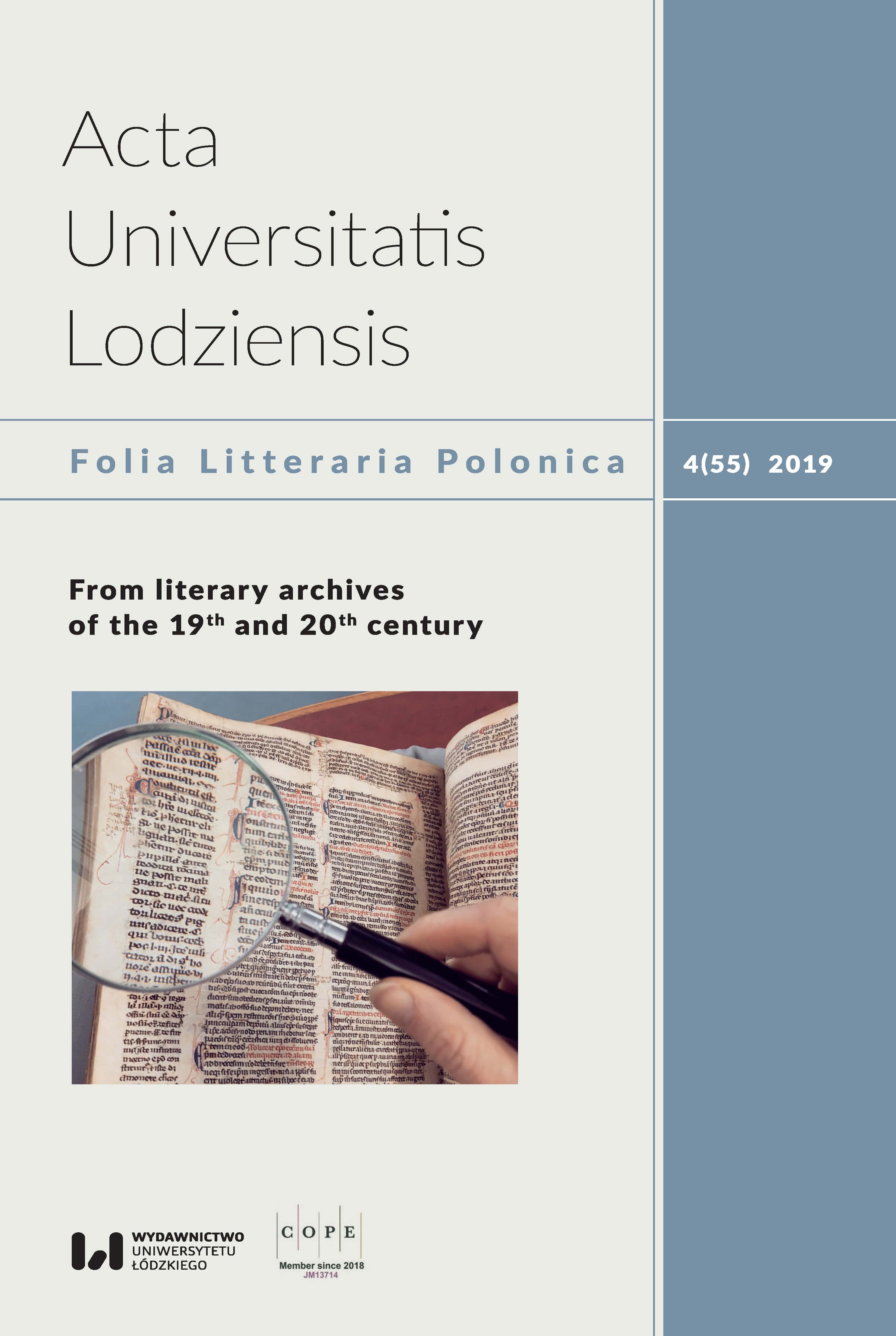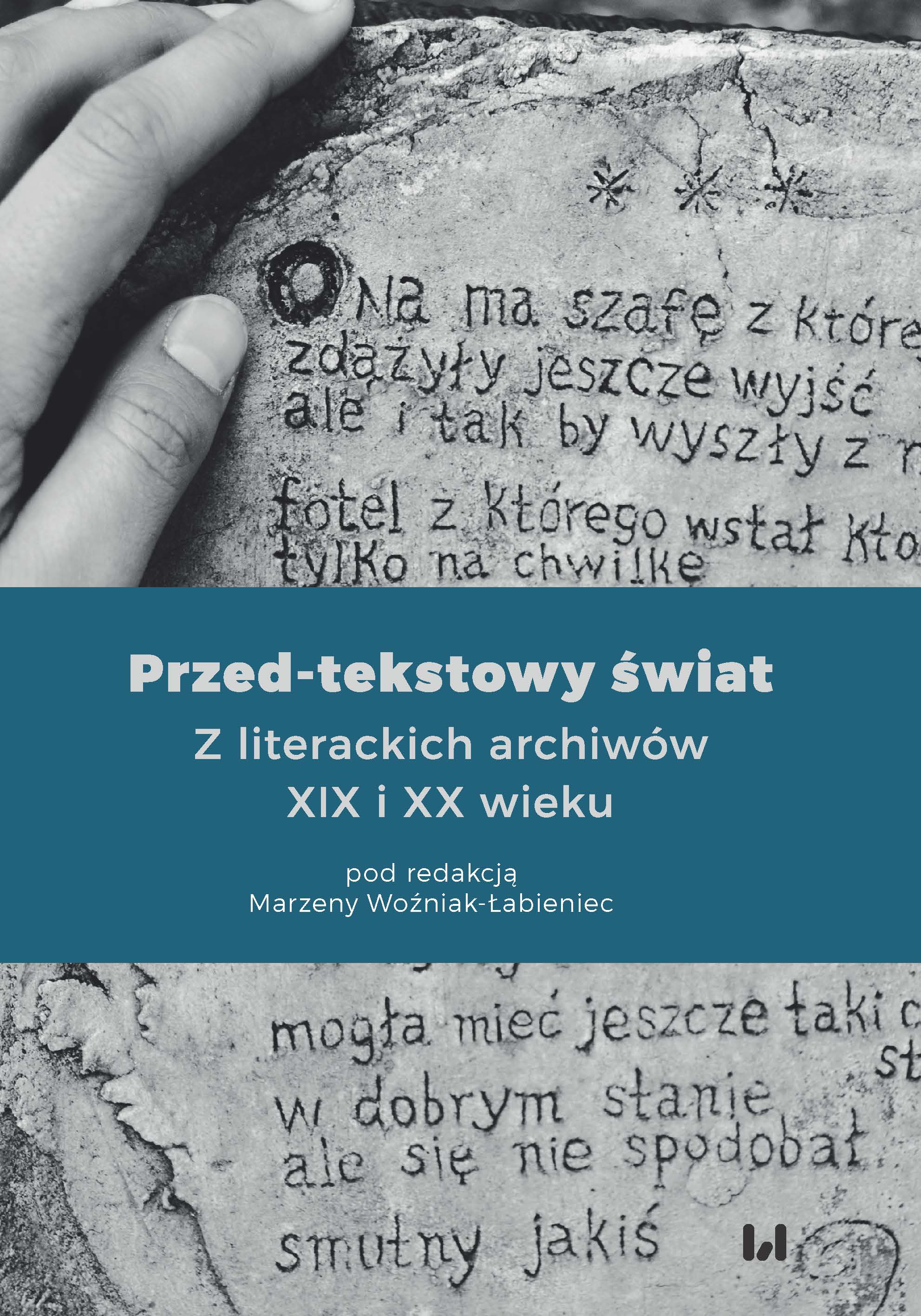Marek Nalepa
The article is an attempt at discussing the most important features of Wincenty Różański’s poetry written in the final years of his creative period. This poetry is strongly subjective, manifesting the poet’s Catholicism, and entrusting himself to the Blessed Virgin Mary, but it also tackled the subject of everyday life, routine behaviors and activities. In addition, the poet’s poems are characteristic in terms of their dialogical and stylistic relations compared to other cultural contexts, espe-cially in the case of Grzegorz Ratajczyk’s paintings, as well as the prose and poems by Edward Stachura.
Pobierz artykuł PDF ( english )
Jędrzej Krystek, Jolanta Nawrot, Dagmara Nowakowska
The article consists of two parts. The first includes a presentation of the records col-lected in the Archive of Włodzimierz Odojewski in Poznań and a reflection on the writer’s creative method. The second part presents an outline of research prospects in the field of genetic criticism, which opens materials gathered in that archive. The authors discussed how to study typescripts and manuscripts of the writer and how editors should prepare them, bearing in mind Odojewski’s specific work method.
Pobierz artykuł PDF ( english )
Dariusz Pachocki
of his Diary 1954. Today, we are certain that Tyrmand’s work is an original diary that had been written in Poland. However, before it was published, it underwent various modifications (in terms of style, composition, and material). A very important issue is the kind of censorship made by the publishing house. The reading of Tyrmand’s letters proves that not all of the modifications were in accordance with his will, and that not all of them were initiated by him. Moreover, readers of the article will learn some facts about Tyrmand’s creative process and different variants of his works.
Pobierz artykuł PDF ( english )
Agnieszka Kramkowska-Dąbrowska
The article is devoted to the Władysław Terlecki archives stored in Ossolineum. It presents a cross-section of their content as well as the meaning of the drafts of printed texts and unpublished works of the author within the meaning of his creative imagination. The author taps into the metaphor of writing as building a honeycomb, which she found in his drafts and with it, she explains Terlecki’s creative method on selected examples from the archives. In the case of his works, recreation of the technical side of writing is extremely important as it casts a light onto poetics of the published material. The analyses of individual typescripts as well as published texts also show Terlecki’s self-awareness connected with creative processes.
Pobierz artykuł PDF ( english )
Sławomir Buryła
The paper discussed Dziennik wojenny [War Journal] by Leopold Buczkowski. It posed a question concerning the origins of the text and the subsequent stages of its development. That is a challenging task since the original version of the work is not available. Additionally, the lack of the first version makes it difficult to examine the so-called material sphere of the journal. It can be reconstructed only based on the surviving manuscript version.
The author of the paper also discussed Dziennik wojenny against the background of other early works by Buczkowski (Wertepy and Czarny potok, a collection of a few dozen poems), from the perspective of editorial and philological problems. He also demonstrated the need for a new edition of Dziennik wojenny, and indicated the errors committed in the existing edition.
Pobierz artykuł PDF ( english )
Strona 2 z 3





